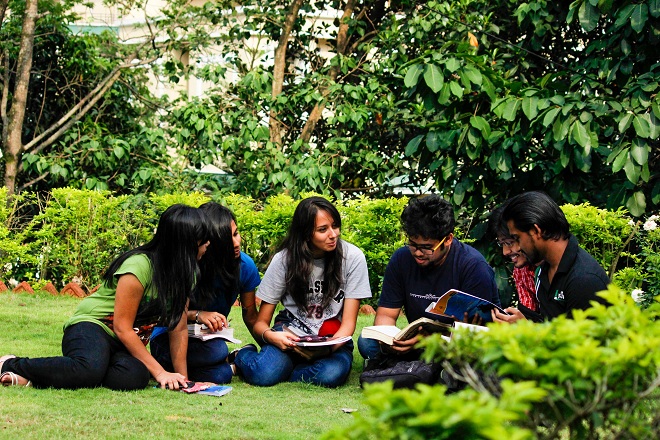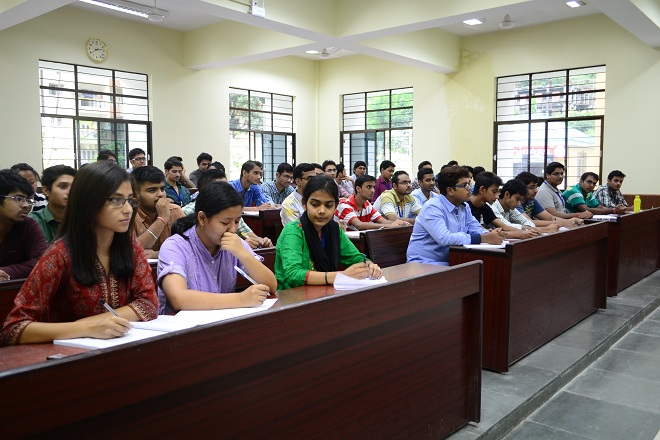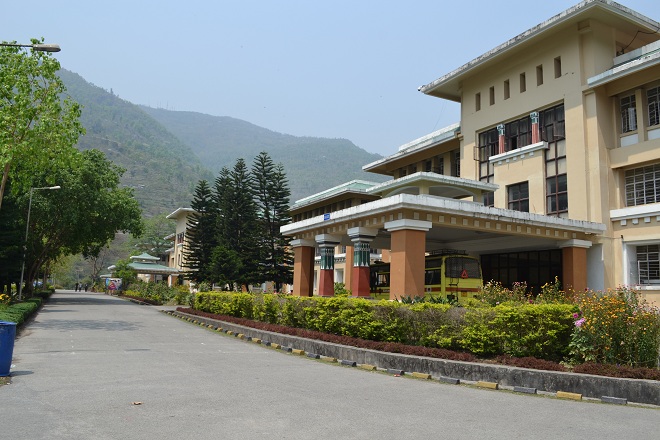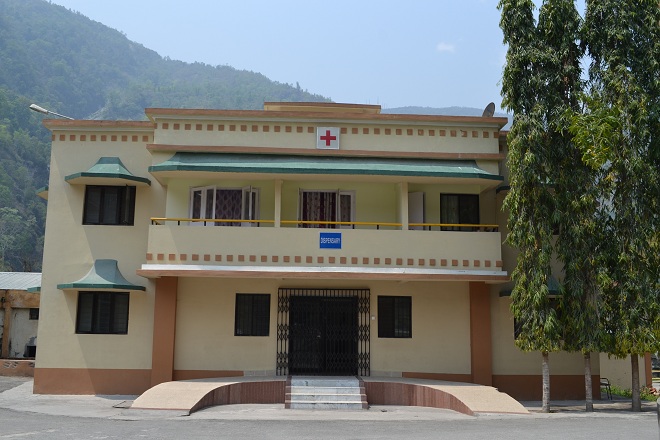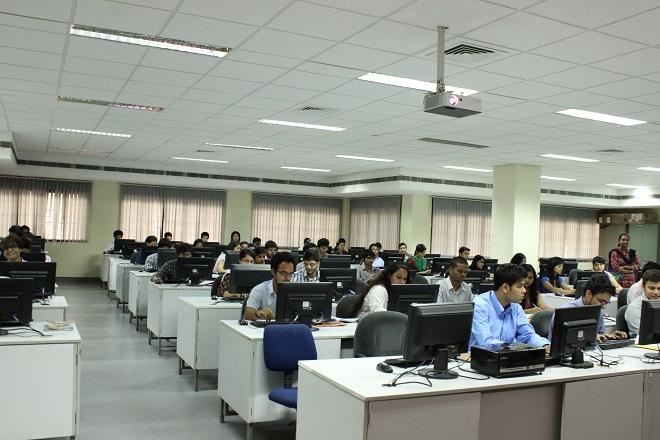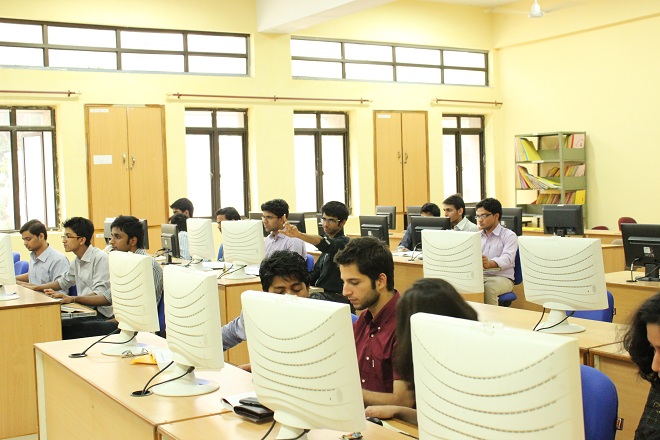Structural Engineering
- Know SMIT
-
Programs
-
B.Tech UG Programs
- B.Tech Civil Engineering (CE)
- B.Tech Computer Science Engineering (CSE)
- B.Tech CSE (Artificial Intelligence & Machine Learning)
- B.Tech CSE (Data Science)
- B.Tech CSE (IoT & Cyber Security including Blockchain Technology)
- B.Tech Computer Science Engineering (CSE) Specialization in Software Product Development (kalvium)
- B.Tech Electrical and Electronics Engineering (EEE)
- B.Tech Electronics and Communication Engineering (ECE)
- B.Tech Electronics Engineering (VLSI Design and Technology)
- B.Tech Information Technology (IT)
- B.Tech Computer Science and Technology (CST)
- B.Tech Mechanical Engineering (ME)
- Click Here for B.Tech 1st Year Syllabus
-
UG Programs
- BBA - Bachelor of Business Administration
- BBA - (Business Analytics and FinTech)
- BCA - Bachelor of Computer Application
- B.Sc. Computer Science
- B.Sc. Chemistry (Honours)
- B.Sc. Mathematics
- B.Sc. Physics
- Bachelor of Physical Education and Sports (B.P.E.S.)
- B.Sc. Economics
- B.Sc. Clinical Psychology
-
Postgraduate
- M.Tech in Computer Science & Engineering
- M.Tech. in Communication and Signal Process
- M.Tech in Power Electronics
- M.Tech in Structural Engineering
- MBA - Master of Business Administration
- MCA - Master of Computer Application
- M.Sc. Mathematics
- M.Sc. Physics
- M.Sc. Chemistry
-
Lateral Entry
- B Tech CSE (Data Science)
- B Tech in Civil Engineering (CE)
- B Tech in Computer Science & Engineering (CSE)
- B Tech in Computer Science & Engineering (Artificial Intelligence & Machine Learning [AI & ML])
- B Tech in Electronics & Communication Engineering (ECE)
- B Tech in Electrical & Electronics Engineering (EEE)
- B Tech in Information Technology (IT)
- B.Tech Computer Science and Technology (CST)
- B Tech in Mechanical Engineering (ME)
-
B.Tech Honours Specializations
- B Tech CSE (Data Science)
- B Tech in Civil Engineering (CE)
- B Tech in Computer Science & Engineering (CSE)
- B Tech in Electronics & Communication Engineering (ECE)
- B Tech in Electrical & Electronics Engineering (EEE)
- B Tech in Information Technology (IT)
- B Tech in Mechanical Engineering (ME)
-
B.Tech UG Programs
-
Dept & Faculty
-
Departments (B. Tech)
- Department of Civil Engineering
- Department of Computer Science & Engineering
- Department of Electronics & Communication Engineering
- Department of Electrical & Electronics Engineering
- Department of Information Technology
- Department of Mechanical Engineering
- Department of Artificial Intelligence (AI) & Data Science (DS)
-
Departments
- Department of Computer Applications
- Department of Management Studies
- Department of Chemistry
- Department of Mathematics
- Department of Physics
- Department of Physical Education & Sports
- Department of Psychology
- Centre for Materials Science & Nano Technology
-
Faculty
-
Departments (B. Tech)
- LIFE@SMIT
- Research












